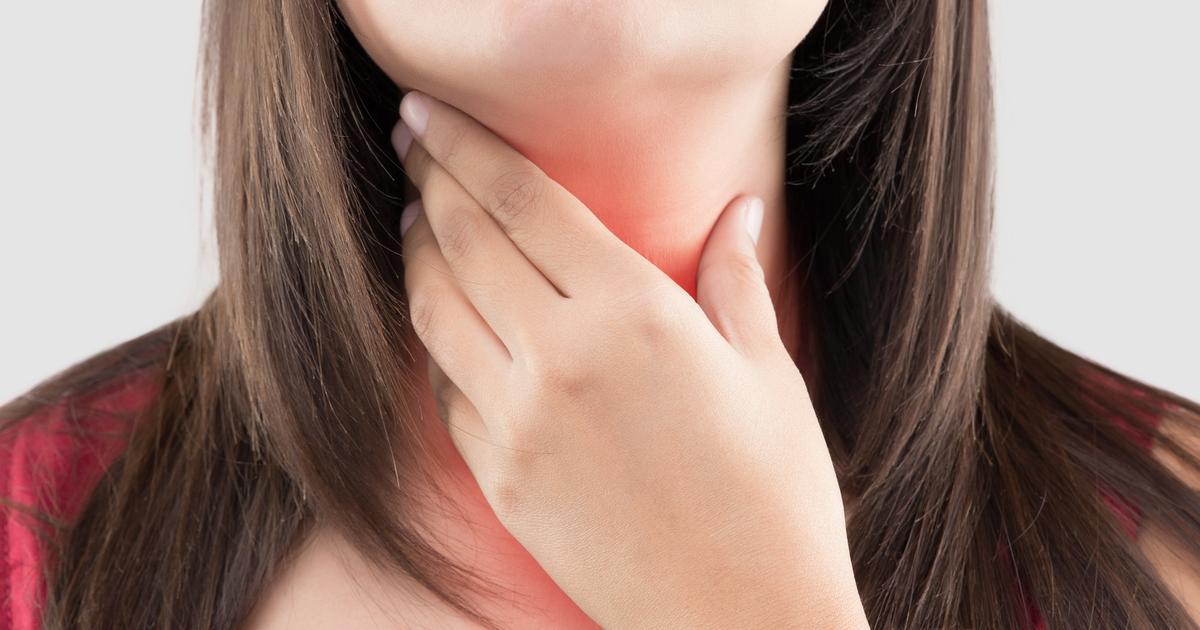What Are The Side Effects Of Antihistamines?
Antihistamines are usually the first type of medication individuals try when they're treating allergies, as these medications are easier to access and take than more involved treatments like allergy shots and steroids. Antihistamines tend to be effective for mild to moderate allergies. When an individual inhales or touches their allergy trigger, the immune system responds by creating histamines. These chemicals lead to swelling in the nose, runny eyes and nose, and itchiness in the eyes, nose, and mouth. Some individuals also experience an itchy skin rash called hives. By blocking or reducing histamines, antihistamines help stop the symptoms of allergies.
However, it's important to understand the potential risks of antihistamines and how to use them responsibly.
Drowsiness

Drowsiness is one of the most well-known and pronounced side effects of antihistamines. These medications are often printed with a label warning individuals to not to drive a car or do other potentially dangerous activities until they're aware of how they affect them. Not every antihistamine on the market causes drowsiness. Some have specific daytime formulas designed to relieve allergy symptoms without triggering drowsiness. So why do some antihistamines make individuals tired when others don't? The answer lies in how they affect a patient's histamine production. Histamines are the part of the immune response that causes allergy symptoms, and antihistamines block a patient's histamine receptors. The first-generation antihistamines, which are the oldest ones still in use, didn't have any nuance in which histamine receptors they blocked. This caused some problems since histamines are also essential to regulating an individual's sleep-wake cycle. By crossing the blood-brain barrier and disrupting the sleep cycle, these antihistamines make individuals sleepy. Newer antihistamines have been optimized to target allergy-causing receptors without inhibiting sleep-wake ones. Though they may still cause some tiredness, they don't have the same exhaustion levels.
Discover more side effects of antihistamines now.
Dry Mouth And Throat

Antihistamines are just one medication that can lead to dryness in the mouth and throat. Dry mouth isn't often a serious cause for concern, and most cases can be treated at home without any problem. However, individuals might experience issues with eating, talking, tasting food, swallowing, and wearing dentures. It's important to treat mouth dryness as a dry mouth is more susceptible to infections and gum disease. The easiest way to treat dryness is by keeping a beverage nearby and taking small sips throughout the day. The best beverage for this is water, but if individuals don't have water, any liquid is better than none. Individuals can also chew on ice chips and items like sugar-free gum, lollipops, hard candy, soft drinks, and frozen fruit juice. There are over-the-counter saliva substitutes patients can get to help moisten their mouth. Using a humidifier can help prevent dry mouth as well.
Continue reading to reveal more side effects linked to antihistamines now.
